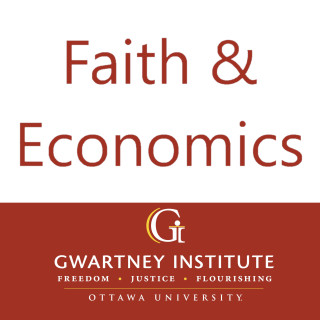

In this episode, the Gwartney team welcomes Dave Trabert to the show! Trabert is an expert on the current education system and is asking for your help to change it! In this show, we will be discussing the monopoly of our current education system and what other options are becoming available to deter this monopoly. From charter schools to vouchers, Trabert walks through these ideas of change and relieves any concerns along the way. Trabert also touches on the system's desire to create racial equality while perpetuating racism. Join us for an important episode now!
Timeline:
Money follows the children / 3:15
Breaking the monopoly / 6:35
Money for at-risk youth / 10:00
Barriers to education improvement / 16:20
School reaction to COVID, solvent to school choice? / 21:30
Limit of what's taught? / 26:10
Perpetuates racism / 30:25
The system aids the unhealthy / 35:05
Get informed, make your choice! / 37:45
Giving Kids A Fighting Chance: https://fightingchanceks.org/